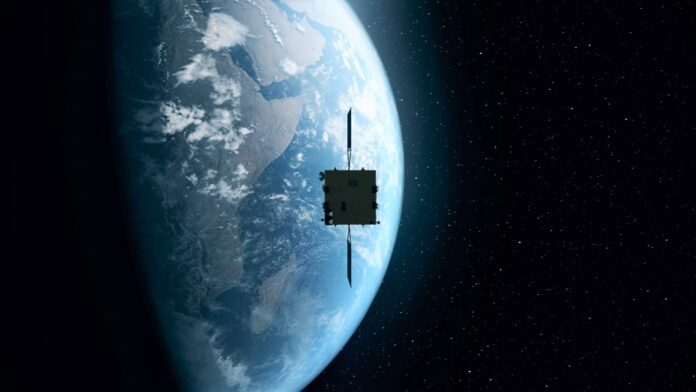A Case for Climate and Outer-Space Collaboration: Managing the World with the Great-Powers’ Good and Bad
A new club of “states that need to be there”
“for genuine and sustained strategic dialogue” (Haass and Kupchan)
Introduction. In their Foreign Affairs article (March 2021),1 R. Haass and C. Kupchan predict a catastrophe unless stability is more successfully promoted in the contemporary multipolar world. The authors see “the international system at a historical inflection point” in a potentially emerging global era2 that suffers, however, from an outdated international governance architecture. In order to face global challenges, they propose “a global concert” of great powers to represent “a pragmatic middle ground between idealistic but unrealistic aspirations and dangerous alternatives” to international cooperation. In this reflection I briefly discuss their proposal and apply it to the challenges of climate action and space conquest.

Proposal. Haass and Kupchan propose a concert of great-powers whose common denominator is power politics on the global scale with a cause to manage a world that is no longer overseen by a hegemon. They advocate for a forum of two features: “political inclusivity” that disregards regime type and “procedural informality” that sustains strategic dialogue. What matters is not primarily representation but the hopeful cooperation of the heavyweight states that exhibit “both common and competing interests” regardless of their behaviour.
Critique. The authors presume that the world of anarchies (i.e., what states internationally are to one another) needs to be managed. Moreover, good global management would promote international stability, sustained consultation and negotiation. It would gather leaders to deal with disputes and advance great-power solidarity and coordination, with particular emphasis on respecting existing borders and resisting territorial changes. Yet, even if the authors claim to be pragmatic, such ambitious goals may fail.
For example, the reality is that borders do change and new states are created (recognised or not by the international community, e.g., Crimea, South Ossetia, Kosovo, South Sudan). What would be more plausible is to help nations in dispute to discuss and change the borders, when necessary, to the benefit of all. Another overly presumptuous desire is solidarity: the Covid 19 pandemic and global vaccination efforts showed clearly the lack of great-powers coordination and solidarity.

Alternatives. More appealing is the authors’ proposal of a forum without vetoes, votes, agreements or obligations. While such closed-door diplomacy forging consensus might prevent the uses of retaliation it would allow bringing together the good, the bad and the ugly.
In fact, as the world is becoming ever less democratic it will be important to bring to the table (authoritarian) bully states even with their limited capacity of “consultation.” While the authors do see a possibility for members to expel “an aggressor state” and then rally against it – which would remind us of G8 minus 1 – there are two global security areas that will have to be managed by the most powerful regardless of their pedigree.
The first is climate change. Perhaps ironically, Haass and Kupchan put at the table six members (China, EU, India, Japan, Russia, US) which happen to be top greenhouse emitters. While others could be invited to the table (mentioned are regional organisations, such as the African Union, Arab League, ASEAN, and OAS) climate action might be the most attractive reason to bring the group together. All of the six have made pledges towards CO2 reduction as if they knew that with their great-power comes not only great responsibility but also great pollution and its annihilation threats. The second is the space conquest competition. Great powers are currently in total anarchy when it comes to the discovery (or colonization) of Mars, the Moon and the like. While this topic will be of immense geo-political and business importance in the coming years, there is currently little international contention over it.
Getting at the table to discuss the promise of the future (and the outer world) may be slightly easier – to begin with – than engaging in contemporary solidarity and border disputes that would prohibit the birth (or new beginning) of any effective international fora.3 Both of these topics would engage the powerful to respect reciprocity through establishing fora for space and climate race conversation in order to build accountability even if no vetoes or votes are employed. The new club would need to rely on reputation and trust without which no group work is possible.
Peter Rožič SJ
JESC Director
ENDNOTES






